8 Accommodation Options in Japan
Looking for the perfect place to crash? We're going to list several possible accommodations for your short or long-term stay, and jot down a few pros and cons for each, so that you’ll get the perfect housing solution in the Land of the Rising Sun.
By Diletta Fabiani1. Hotel
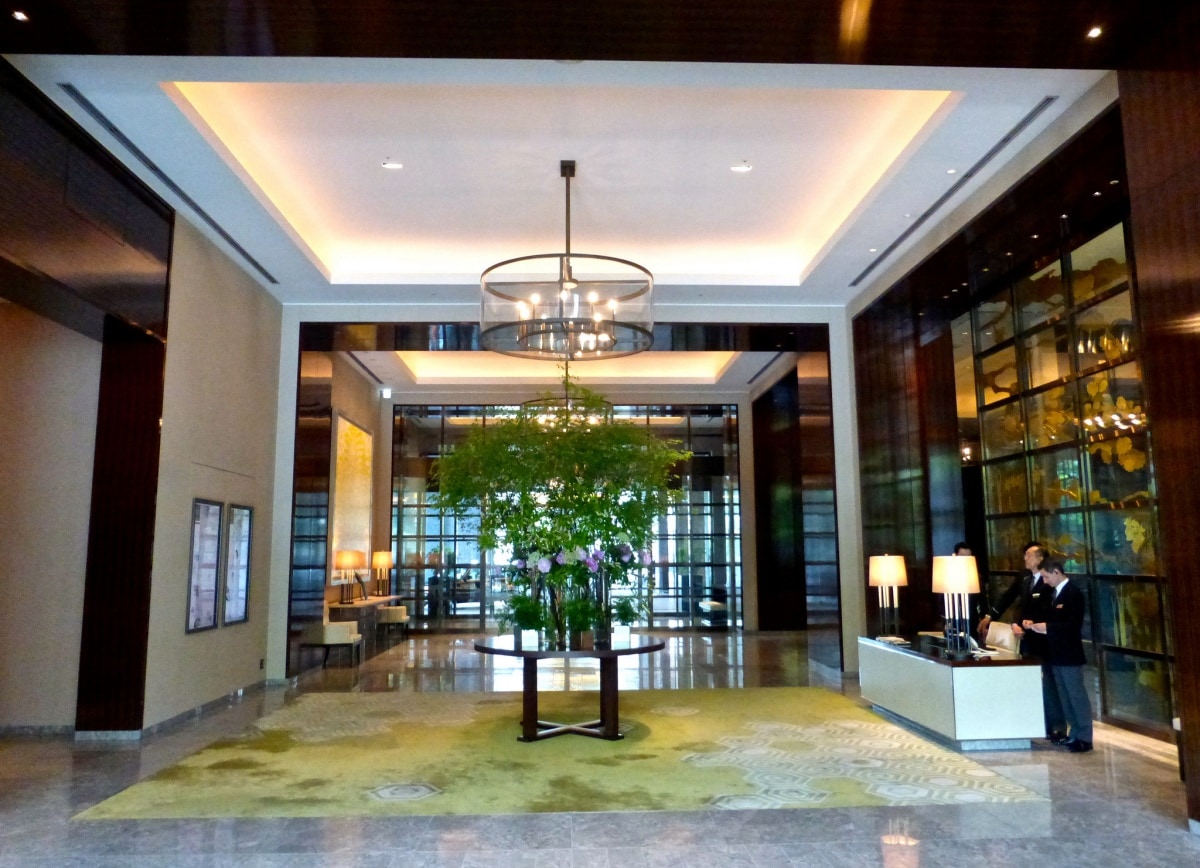
https://flic.kr/p/tEqABt
Short or Long Term?: Short
Pros: Convenience, easy to book, location
Cons: Cost, Lack of independence
If you plan to come to Japan for a short holiday, a hotel is the hassle-free way to go. Bigger cities offer all kinds of prices and locations, and even smaller cities will have at least one hotel. Not only can you easily book one online through travel sites, you can also find reviews from previous users that'll help you judge the quality.
The cons of this option are the cost (that's why we list this option as short-term only) and the fact that you may be slightly constrained in your schedule. If you come back too late at night and sleep in, you might miss your paid breakfast the next morning or the daily cleaning. Also, you might not be able to invite people over.
2. Capsule Hotel
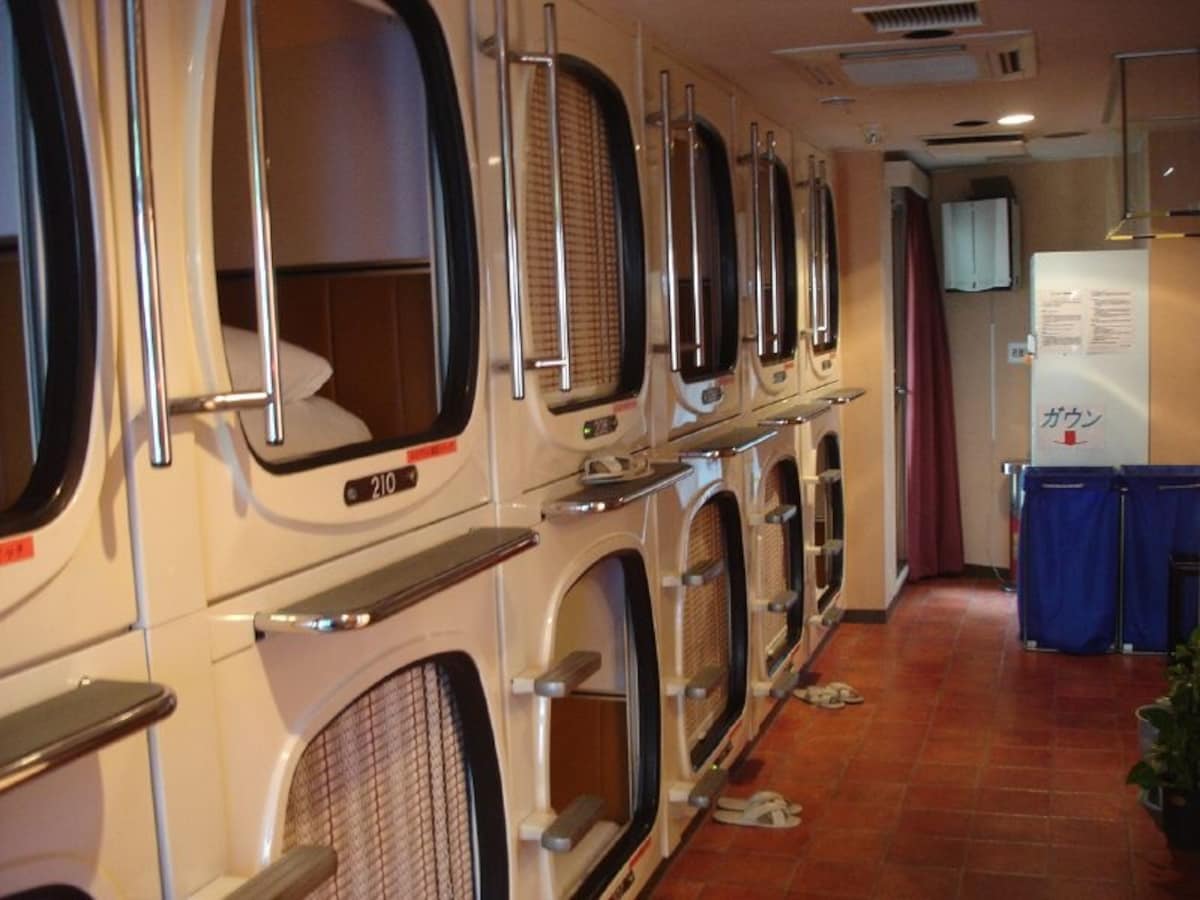
https://flic.kr/p/dzFey
Short or Long Term?: Short
Pros: Price, location
Cons: Small, strict sex division
If you don't know what a capsule hotel is, you might as well have been living under a rock, as it's one of the most featured Japanese "weird" things in the media. Originally intended for businessmen, you'll basically be renting a very small cabin (with shared bathroom facilities) to spend the night.
The price, as it tends to be lower than regular hotels, is a major factor to consider. And, besides from the obvious con of the small space, capsule hotels tend to mostly cater to men and observe a strict division of the sexes. It might not be the ideal option for couples or people travelling in mixed groups.
3. Ryokan
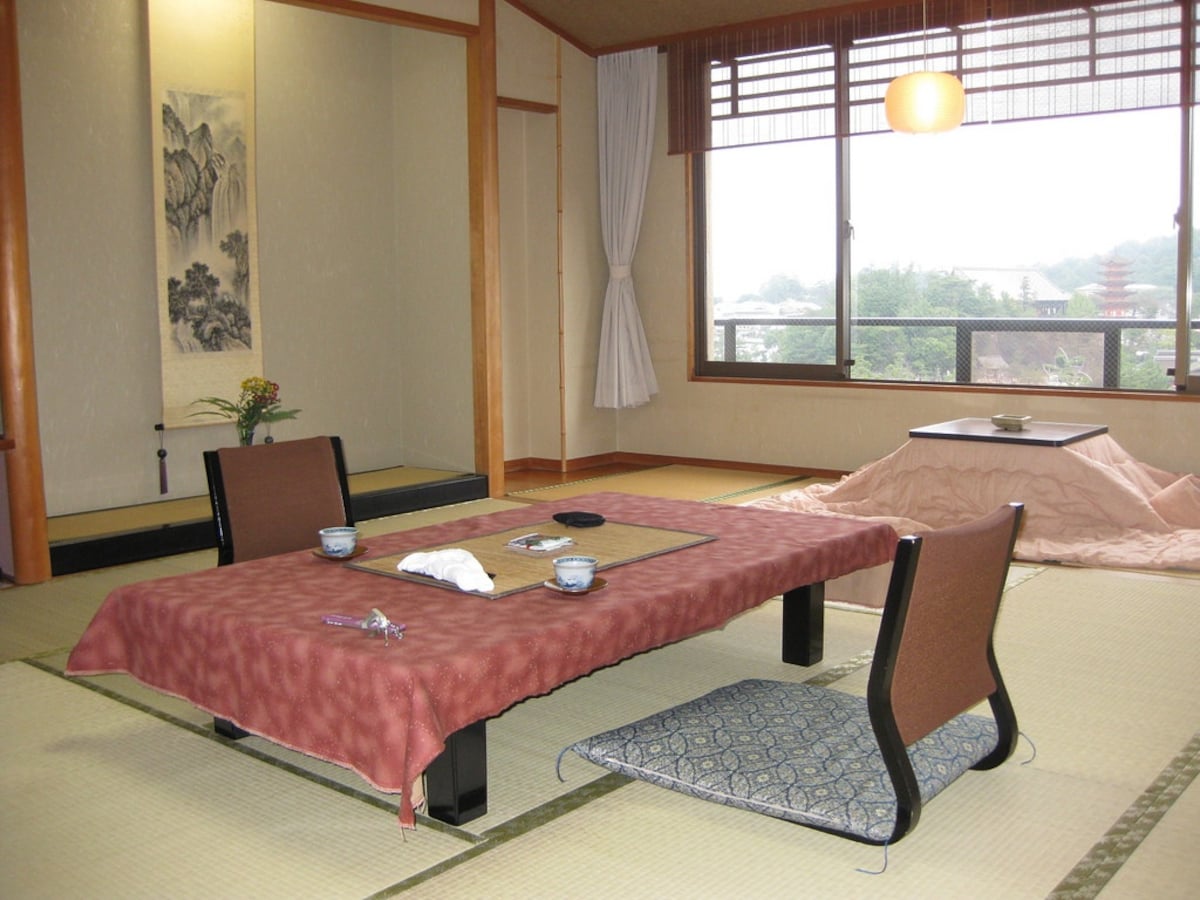
https://flic.kr/p/7fQX2F
Short or Long Term?: Short
Pros: Aesthetics
Cons: Location, price
Think of the ryokan as the original Japanese traditional hotel, complete with tatami floors, sliding doors, futon mattresses instead of beds, common bathing areas, a garden and traditional cuisine. This is the ideal option for those who want to experience a bit of Japanese history. However, ryokan tend to be a bit pricier than hotels and might be harder to find than hotels, especially in big cities like Tokyo or very rural areas. As for the latter, they might be replaced by a simpler version called minshuku, which is more similar to a boarding house.
4. Airbnb

http://jp.techcrunch.com/2015/09/08/20150907airbnb-hosted-nearly-17-million-guests-this-summer/
Short or Long Term?: Short
Pros: Local experience (with hosts) or independence (with apartment), easy to book, several locations
Cons: Cost, rules, maintenance
Airbnb's success, as in other regions, went through the roof in Japan. In short, with Airbnb you'll be renting an apartment or room directly from homeowners. While this is similar to a hotel in terms of booking process, it feels much more personal. If you book an entire apartment, you have the freedom to come and go as you please, cook your own food and even have people over for dinner. If you rent a room, usually your host will be a local who can give you an insider's perspective on the area you're visiting. The housing options available are ever-growing and can include unique locations like the Nakagin Capsule Tower, which we talked about here.
The downside depends on the type of accommodation. For an apartment, the work of cleaning and cooking is up to you. There is no cleaning staff, and the place is expected to be self-maintained throughout the guest's stay. Yet when booking with a host you'll have to follow their house rules. Finally, given the cost, this option is ideal for short stays only.
5. Homestay
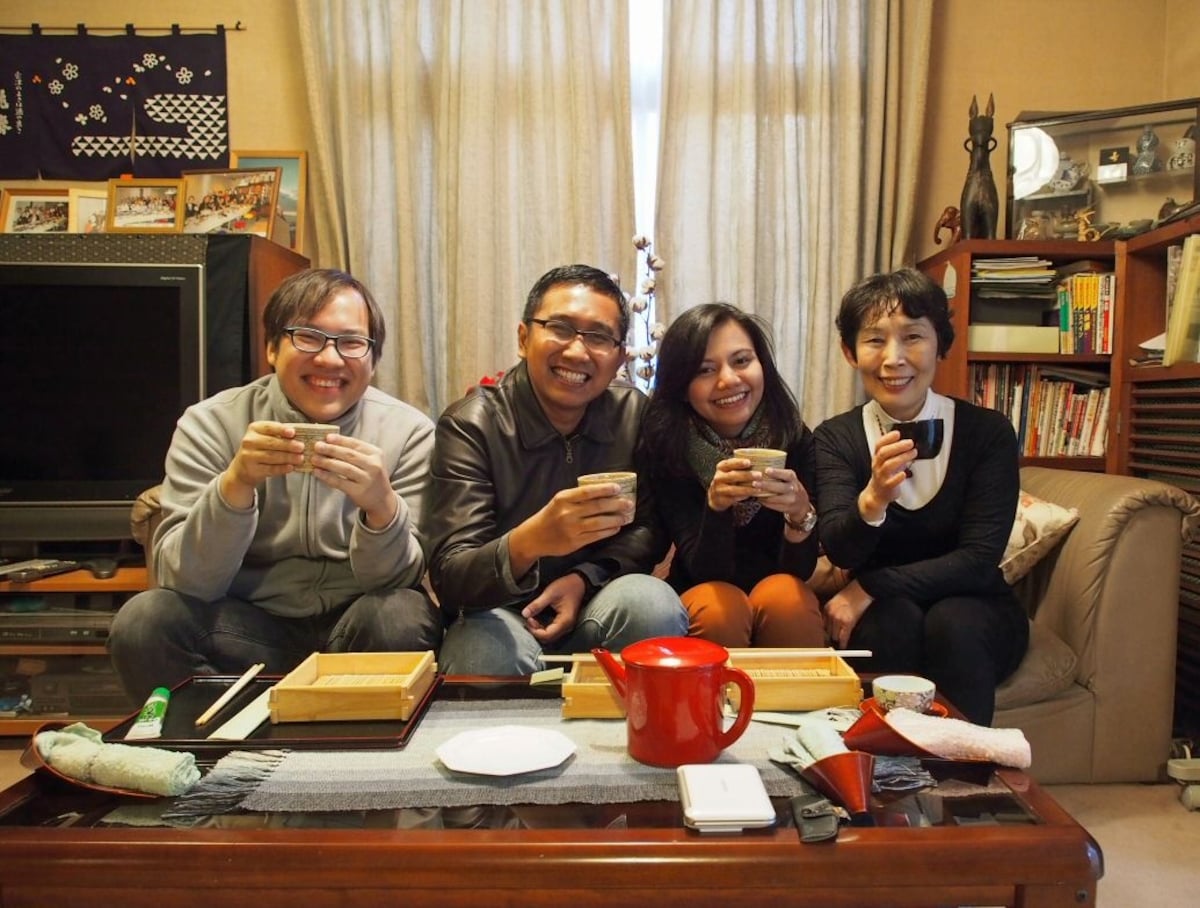
http://www.mifa.jp/mifa2/homestay2/homestay2.htm
Short or Long Term?: Mostly short
Pros: language improvement, convenience
Cons: location, lack of privacy
For those studying Japanese, a homestay might be the ideal option for improving language, as the interactions with the host family may have to happen in Japanese. Additionally, the host family will provide your food and most likely take you along for family activities, so you won't be hungry or lonely.
Unfortunately, this option is not as easily available as others, and the locations might be limited in number. Some websites to start from are Homestay in Japan, Borderless Homestay, Homestay.com and Homestay Finder. If you're going through a school, ask them for the availability of this option.
While homestays are usually suited to short-term visitors, some long-term options might also be available.
6. Sharehouse/Guesthouse
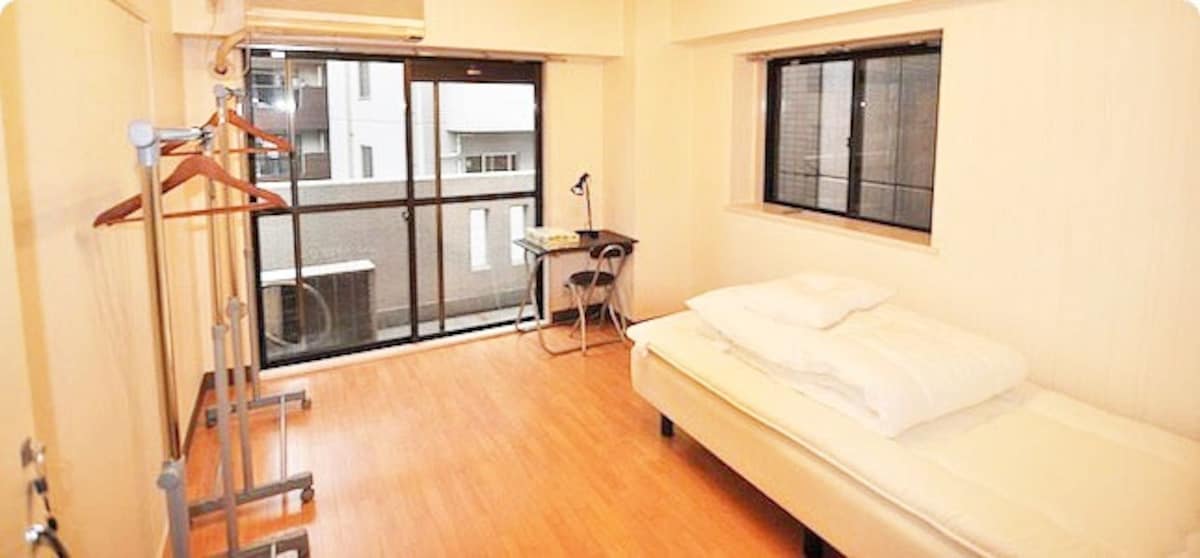
http://www.tokyostay.co.jp/?lang=en
Short or Long Term?: Short to long
Pros: easiness of booking, location, easy to make friends
Cons: lack of cleanliness and privacy
A sharehouse or guesthouse is the place people usually choose when moving to Japan for the first time. You can book a furnished single room, shared room or bed (with shared kitchen and toilet) from your home country, pay monthly (sometimes weekly) rent and stay as long as you like. The initial cost usually entails one-month rent plus a deposit, generally equivalent to another month of rent. Bills tend to be fixed, the common spaces are regularly cleaned by staff and the moving out process is pretty smooth. Guests only need to give a simple notification within the required time frame—typically a one-month notice.
Such facilities are available all over Tokyo, and can be easily searched online through portals like Tokyo Apartments, Sakura House or Tokyo Room Finder. Finally, since this kind of accommodation is common among foreigners, you might be able to meet other expats or tourists and make new friends.
Sounds all good? Unfortunately, no. Depending on the cleaning policies and on the housemates, the place might be the dirtiest place you'll ever step in. The shared facilities also reduce your privacy and independence. Finally, the other guests might be noisy or unfriendly. When booking from abroad, rely on friends' opinions and online reviews to find a suitable place. One solution for long-term expats is to book a guesthouse accommodation for a short time, and then go guesthouse or apartment hunting again once you're in the country and able to check the housing conditions in person.
7. Private Apartment
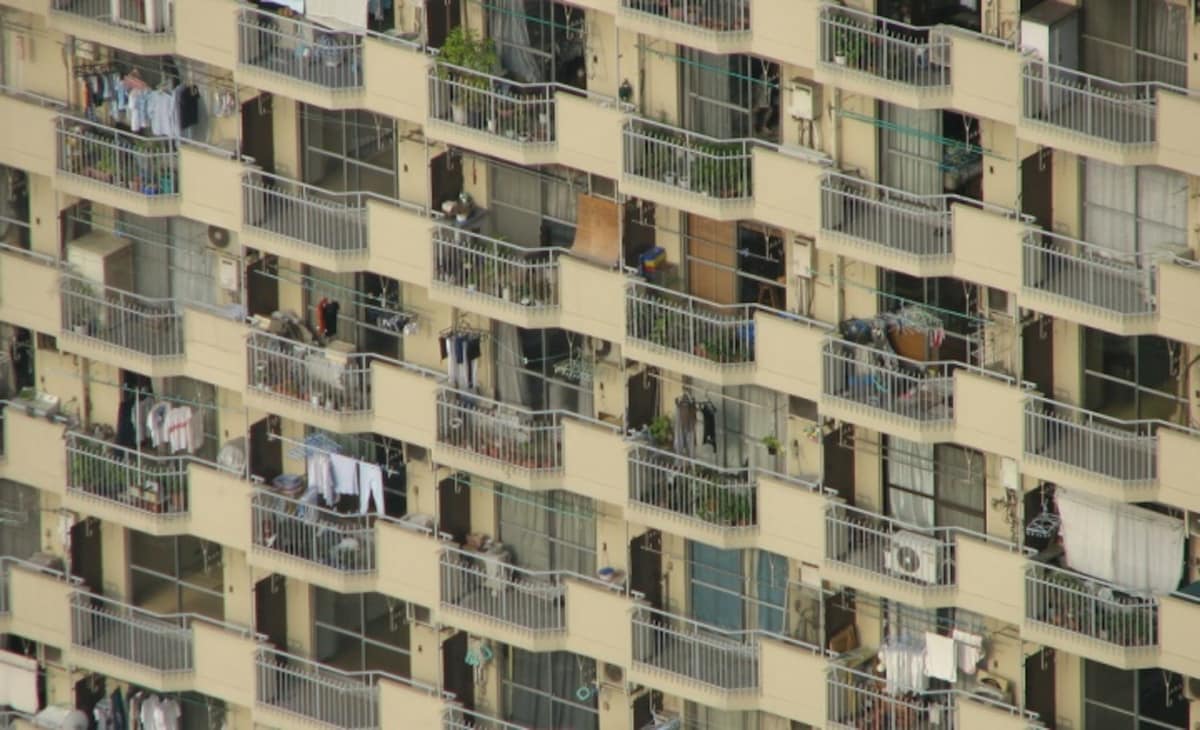
https://www.city-cost.com/blogs/City-Cost/wXnoz
Short or Long Term?: Long
Pros: convenience, privacy
Cons: high initial costs, bureaucracy, discrimination
So you're in Japan and you want your own apartment? Well, prepare for the long haul. Contrary to what you might think, the problem isn't the cost. Even in big cities—if you don't plan to live in a super-fancy neighborhood and you're willing to embark on a longer commute—you can easily find an apartment for the same price you would pay a guesthouse.
The problem is the Japanese leasing system. First of all, you might need a guarantor to vouch for you as a responsible renter, and most property owners will only accept Japanese guarantors. Some landlords will allow you to use a guarantor agency (for a fee). Finding an apartment that doesn't require a guarantor is possible, but it'll severely restrict the number of options.
If you choose to go the guarantor agency route, be prepared for a few things. First of all, most agencies don't have English-speaking staff. Second, most contracts require at least a 2-year deal, so there might be issues if your visa lasts less than that. Third, be aware that you might face discrimination, as home owners can refuse to rent to foreigners if they want.
If you prefer to put your trust in an real estate company that caters to foreigners, be aware that their selection of houses tends to be narrower than that of Japanese agencies. Some well-known options are Tokyo Apartments, Agharta and Leopalace. Also check your city's Craigslist postings in the apartment section.
Whichever route you choose, there are some more points to remember. First, the move-in cost includes extra fees and might end up being three to four times the monthly rent, so make sure you have some money set aside. These fees might include reikin, a nonrefundable one-month rent "gift" to the homeowner. Second, many apartments come unfurnished, so keep this in mind when calculating costs. Finally, you might have to pay a renewal fee when your contract expires.
In general, go the apartment route only if you're sure you will stay in Japan for an extended period of time!
8. Dorm (for Students)
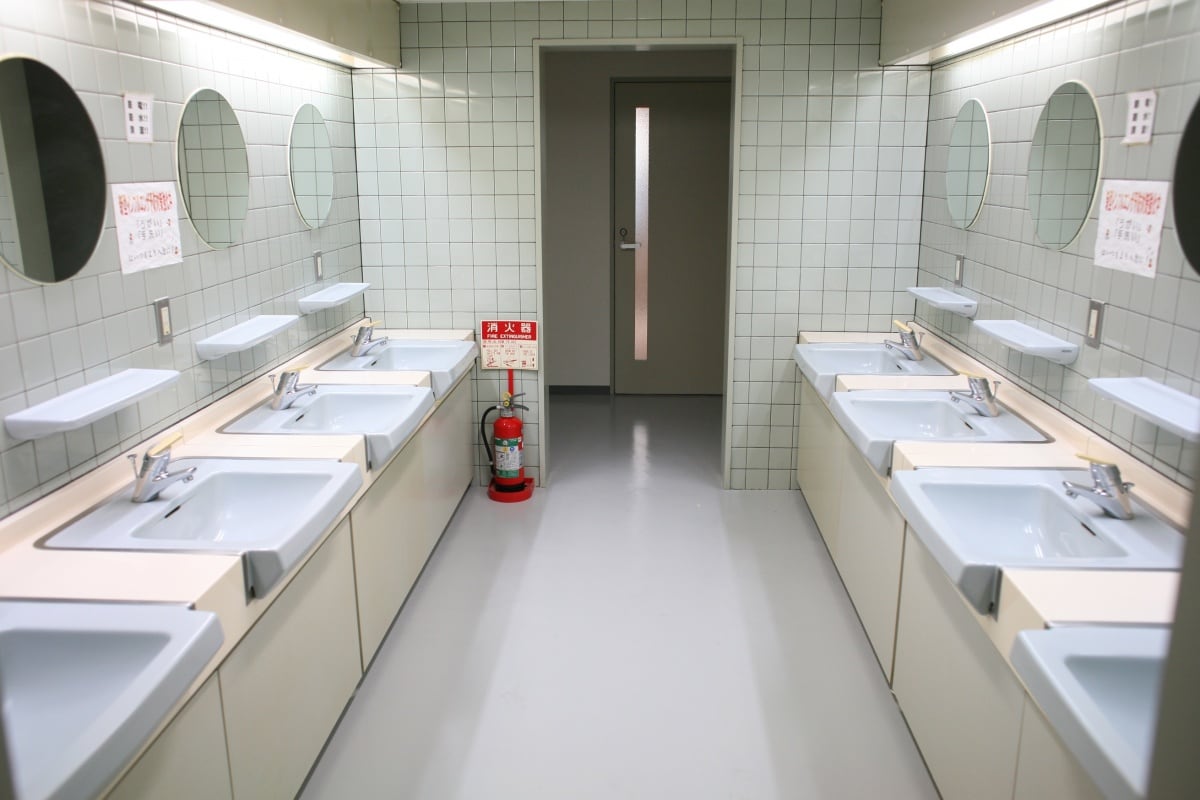
http://www.languageinternational.com/school/jcli-japanese-language-school-64404
Short or Long Term?: Short and Long
Pros: easiness of booking, convenience
Cons: lack of cleanliness and privacy
For students, dorms are a hassle-free option. They can be arranged through the school at the time of enrollment, come furnished and some might also include meal plans. The locations are hit-and-miss, as some schools have dorms near the campus and others don't. Once again, the problems are similar to those of guesthouses: while the common areas might be cleaned by the dorm personnel to a certain degree, if you get a shared room you might end up with a dirty roommate. Finally, most dorms also have strict rules regarding curfew and guests.




